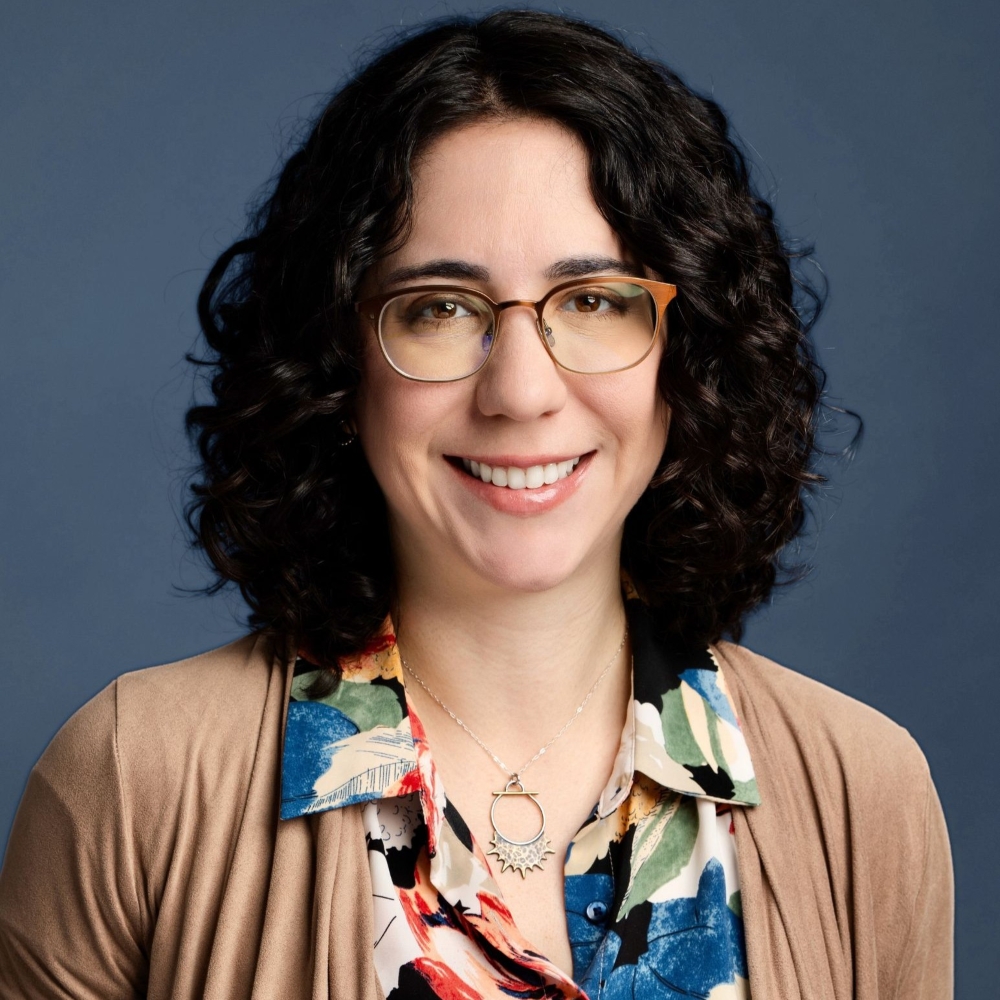Associate Professor
English
My research interests include rhetorics of health and medicine, feminist rhetoric, and writing pedagogy. My recent book, Patient Sense: Rhetorical Body Work in the Age of Technology, examines how new providers’ leverage their intuitive patient sense in the face of increasingly technology-mediated healthcare in nursing simulations, physical therapy labs, and a virtual intensive care unit. I have two current research projects underway: 1) Exploring the role of embodiment in instructors' and students' literacy experiences with Large Language Models and 2) Improving communication with emerging health technologies in interprofessional health education.
As a writing teacher, I aim for my courses to act as venues for students to practice being critical readers and writers in their future disciplines, professions, and lives. Many of my courses include fieldwork—much like my own research—to help students not just acquire different modes of writing, but also better understand how communication practices can exclude and oppress others and how they might be changed.
Courses Taught
- Rhetoric and Composition
- Technical and Professional Communication
Research Interests
- Rhetoric of Health and Medicine
- Feminist Rhetoric
- Writing in the Disciplines
- Writing across the Curriculum
- Composition Theory and Pedagogy
- Qualitative Research Methodologies
Publications
- Patient Sense: Rhetorical Body Work in the Age of Technology. Ohio State University’s New Directions in Materiality and Rhetoric Series, 2025.
- “Mice in the House, A Sense of Dread, and Magic: Accounting for Teachers’ Visceral Rhetorics in AI Literacy Narratives” with Elisabeth Miller. Composition Forum, 2026.
- “Contextualizing Reflective Writing for Creating Change: A Cross-Institutional Study of First-Year Students’ Reflections” with Jaclyn Fiscus-Cannaday and Jennifer Eidem. College Composition and Communication, 2025.
- “Not Just Doctors: Woman-dominated Health Work as a Site for Rhetorical Research and Professional Change.” Peitho. 26.2, 2024, 105-118
- For additional publications see my Google scholar profile.
Honors and Awards
- 2025-27 Way Klinger Research Fellowship, "Interprofessional Communication and Emerging Health Technologies," MU
- 2025-26 Northwestern Mutual Data Science Institute Collaborative Curricula Grant
- 2024 STRIDE (STEM Research in Diversity and Equity) Grant, MU
- 2024 Institute for Women's Leadership Summer Research Grant, MU
- 2023 Excellence in Diversity and Inclusion Faculty Award, MU
- 2022-23 Mission Integration Fellowship, MU
- 2021 Future of Work Pilot Grant, National Science Foundation
- 2021 Difference Maker Award, MU
- 2019 Technical and Scientific Communication Article Award
Additional Information
Office Hours
Spring 2026
- Monday 2:00PM-3:30PM (virtual)
- Tuesday 12:30PM-2:00PM (in-person)
Class Schedule
Spring 2026
- ENGL 3222-101: Writing for Health and Medicine
- Tuesday and Thursday 11:00AM-12:15PM



